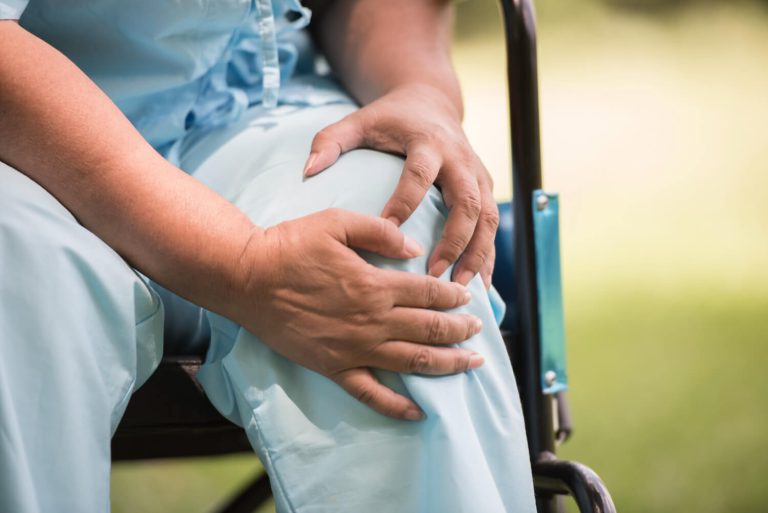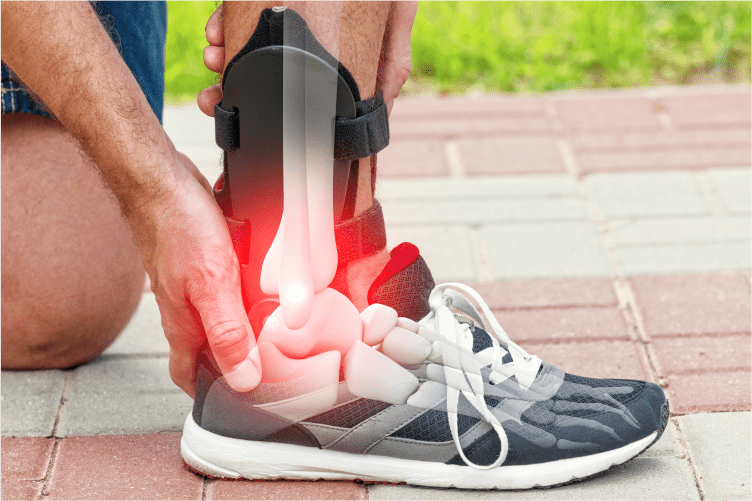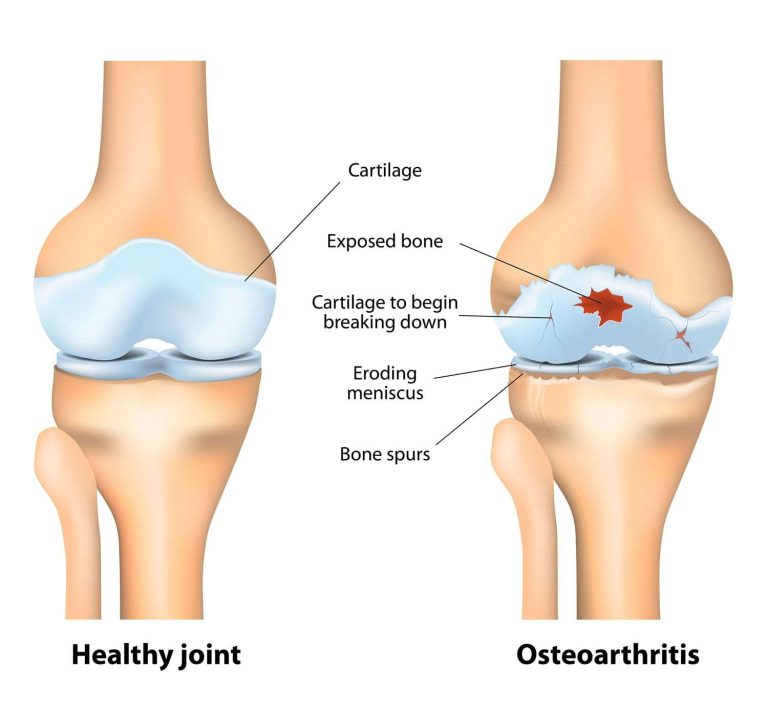Are bone and joint pains bothering you lately? Do you often find yourself searching for ways to make your bones and joints stronger so that you can live pain-free? You’re not alone, many people face stiffness, discomfort, or weakness in their joints. At DR. GK JOINT AND BONE CENTRE- best orthopaedic clinic in South Bangalore, we provide the best treatment for both bone and joint pain.
By the time you finish reading this blog, you’ll have a clear understanding of how to make your joints stronger and healthier. From simple dietary choices to effective joint exercises and smart lifestyle changes, you’ll discover practical ways to build stronger joints naturally and protect them for years to come.
In this blog, we’ll explore why joint health is so important, what happens when bones and joints weaken, the role of nutrition and exercise, lifestyle adjustments you can adopt, and when it’s the right time to seek medical help.
WHAT HAPPENS WHEN YOU DON’T HAVE STRONG BONES?
Weak bones and joints can lead to more than just occasional pain. They often affect daily mobility and independence. Without strong joints, even simple activities like climbing stairs, bending, or lifting light objects can become challenging.
Poor joint health may also lead to:
- Frequent stiffness and swelling
- Risk of arthritis and osteoporosis
- Higher chance of fractures and injuries
- Reduced flexibility and mobility
Ignoring these signs can make problems worse over time, which is why prioritizing joint health early is key to living an active, pain-free life.
HOW TO MAINTAIN STRONG BONES AND JOINTS?
Maintaining joint strength isn’t as complicated as it seems. By focusing on nutrition, movement, and care, you can make a big difference.
1. Eat Foods for Joint Strength-
The right nutrition plays a crucial role in keeping joints strong. Include these in your diet:
- Calcium-rich foods: Milk, yogurt, cheese, and leafy greens support bone density.
- Vitamin D sources: Sunlight exposure, eggs, and cereals improve calcium absorption.
- Omega-3 fatty acids: Found in walnuts, flaxseeds, and fish, they reduce inflammation.
- Protein: Lentils, beans, and meats help rebuild muscle that supports your joints.
2. Stay Active with Joint Exercises-
Exercise isn’t just for fitness- it’s for joint health too. Low-impact workouts strengthen muscles around your joints, preventing unnecessary stress. Try:
- Walking or brisk walking
- Swimming
- Cycling
- Yoga and stretching routines
- Strength training with light weights
Consistency matters more than intensity. A 30-minute activity daily can do wonders for stronger joints naturally.
WHAT LIFESTYLE CHANGES CAN YOU MAKE?
Your lifestyle plays a huge role in keeping your joints strong and pain-free. Even if you eat well and exercise, certain daily habits can silently weaken your joints. The good news is that small, consistent changes can make a big difference.
- Maintain a healthy weight: Every extra kilo puts unnecessary stress on your knees, hips, and ankles. Even losing a few kilos can dramatically reduce joint pain and improve mobility.
- Stay hydrated: Joints are functioned by cartilage, which is made up of water. Drinking enough fluids keeps this cushion healthy and prevents stiffness.
- Practice proper posture: Slouching at a desk or standing incorrectly can put extra strain on your back, shoulders, and knees. Invest in chairs, adjust your workstation, and sit upright to protect your joints.
- Quit smoking and limit alcohol: Both reduce bone density and slow healing. By avoiding them, you’re giving your joints the strength they deserve.
WHEN TO SEEK MEDICAL HELP?
It’s natural to experience occasional joint stiffness, especially after physical activity or long hours of sitting. However, there are times when joint pain may be a sign of an underlying problem that requires professional medical attention.
Seek help from a doctor or a joint health specialist if you notice:
- Persistent pain: If discomfort doesn’t go away with rest, heat/cold therapy, or over-the-counter remedies.
- Swelling and redness: Inflammation that lasts for days may point to arthritis or injury.
- Limited movement: When joints lock, crack excessively, or restrict your daily activities like walking or bending.
- Pain after minor activities: Struggling with basic movements (like climbing stairs or getting up from a chair) could mean your joints need medical evaluation.
DO’S AND DON’TS FOR STRONGER JOINTS-
| DO’s | DONT’s |
| Eat calcium & vitamin D rich foods | Skip meals or rely on junk food |
| Stay active with light exercises | Stay sedentary for long hours |
| Drink enough water | Overconsume alcohol or caffeine |
| Maintain healthy weight | Put excess stress on joints |
| Use ergonomic chairs & posture support | Slouch or sit in awkward positions |
FAQs-
1. Can diet alone improve joint health?
–Diet helps, but pairing it with exercise and lifestyle changes is best.
2: Are supplements necessary for joint strength?
–Not always, if the diet is balanced. But consult your doctor before taking any.
3: Can young people face weak joints?
–Yes, poor lifestyle habits and lack of exercise can weaken joints at any age.
4: Which exercises are best for weak joints?
–Walking, swimming, and yoga are gentle yet effective.
CONCLUSION-
Strong joints don’t happen overnight; they are built with consistent care, the right food, regular exercise, and healthy lifestyle choices. By making these small but powerful changes, you can prevent stiffness, improve mobility, and enjoy a life free of joint troubles.
At DR. GK JOINT AND BONE CENTRE, we specialize in providing expert care for all your bone and joint concerns. We provide treatments for services such as trauma care, ligament injury care, fracture care, advanced joint care and many more. Book your consultation now!




